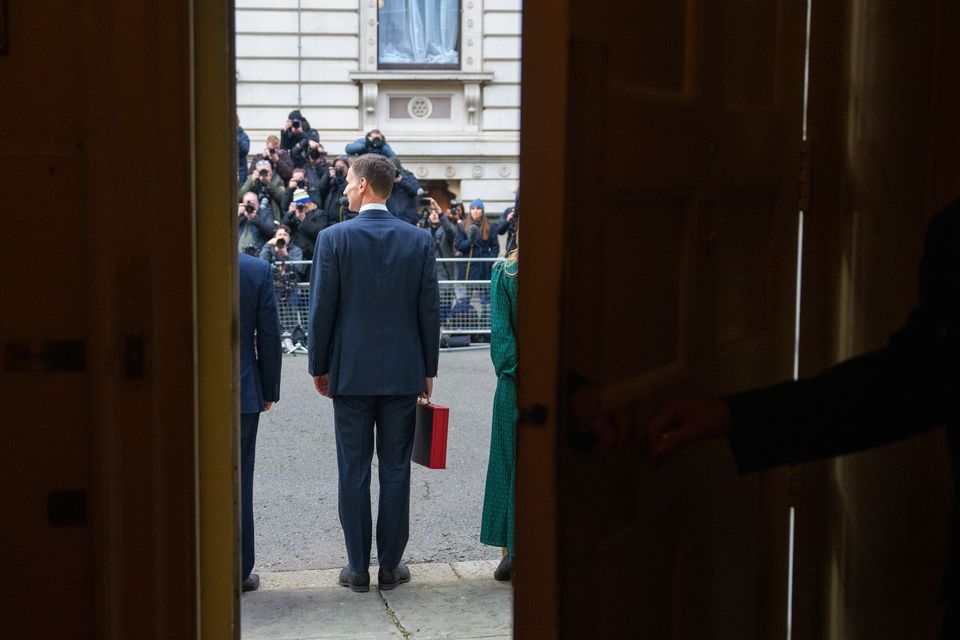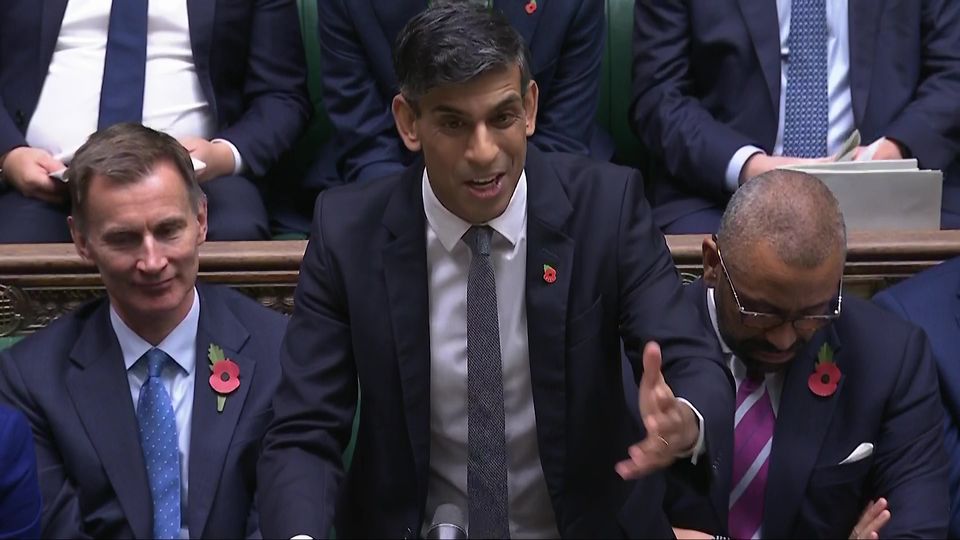The Budget watchdog has confirmed that the last government “did not provide” them with all available information at the last budget but has not repeated the Government’s £22 billion black hole claim.
The Office for Budget Responsibility (OBR) has uncovered £9.5 billion in spending pressures that it was not made aware of ahead of Jeremy Hunt’s fiscal statement in March, and has said that its judgment on spending would have been “materially different” had it had access to this information.
Rachel Reeves’ Budget on Wednesday afternoon sought to address what ministers have called the “£22 billion black hole” in the public finances, however, the OBR’s chairman has said that the Government’s additions to the spending plans this year represent a combination of their own policies and bridging that £9.5 billion gap.
Reflecting on the March 2024 budget in a review released on Wednesday, the OBR said that “by their own admission the Treasury did not provide the OBR with all information available to them”.
The document goes on to say that a “materially different judgment” about spending would have been reached if all of the information had been shared with them ahead of the March budget.
Richard Hughes, the body’s chairman told a briefing on Wednesday that he is an “economist not an astronomer” and “we don’t deal in black holes in the OBR”.
Asked whether the £22 billion figure represented the £9.5 billion they had identified plus extrapolation by the Government, Mr Hughes said: “What we do do is try and forecast government spending and when we were putting that forecast together back in March, the Treasury had information about £9.5 billion worth of pressures on public spending that we were not aware of.”
We need your consent to load this Social Media content. We use a number of different Social Media outlets to manage extra content that can set cookies on your device and collect data about your activity.
He added: “Because they didn’t disclose that information there’s no way of knowing how different our forecast public spending would have been back in March.
“It would have been materially higher, that’s all we can say.”
Mr Hughes had earlier told the same briefing that “in this Government’s Budget they’ve added around £23 billion to departmental expenditure limits in this financial year, but this reflects a combination of the government’s decision to fund some of those pressures as well as new policies announced by this government since March.”
Speaking to Sky News on Wednesday afternoon, Mr Hughes said that “nothing in our review was a legitimisation of that £22billion”.
The OBR’s review document stated that “decisions on public sector pay” and how those costs can be met “may have a significant impact” on spending plans.
Then chancellor Jeremy Hunt stands outside 11 Downing Street, London, to face the media with his ministerial box, before delivering his budget in March (Carl Court/PA)
The Government has awarded pay rises to workers across public sector professions including train drivers and teachers since entered office in the summer.
Former prime minister and chancellor Rishi Sunak has said that the OBR has declined to back up the Government’s claims about the state of the public finances.
Conservative Party leader Rishi Sunak (House of Commons/UK Parliament/PA)
Mr Sunak accused the Chancellor of attempting to “politicise” the independent watchdog.
Responding to the Budget in the Commons on Wednesday afternoon, he said that “the OBR has in fact declined to back up her claims of a fictional £22 billion black hole.
“It actually appears nowhere in their report.
“It is deeply, deeply disappointing that she has sought to politicise the independent OBR that should be above party politics.”
The former prime minister and chancellor told MPs that Labour’s inheritance is a “world away” from the “genuinely bleak legacy” left to the Conservatives in 2010.

